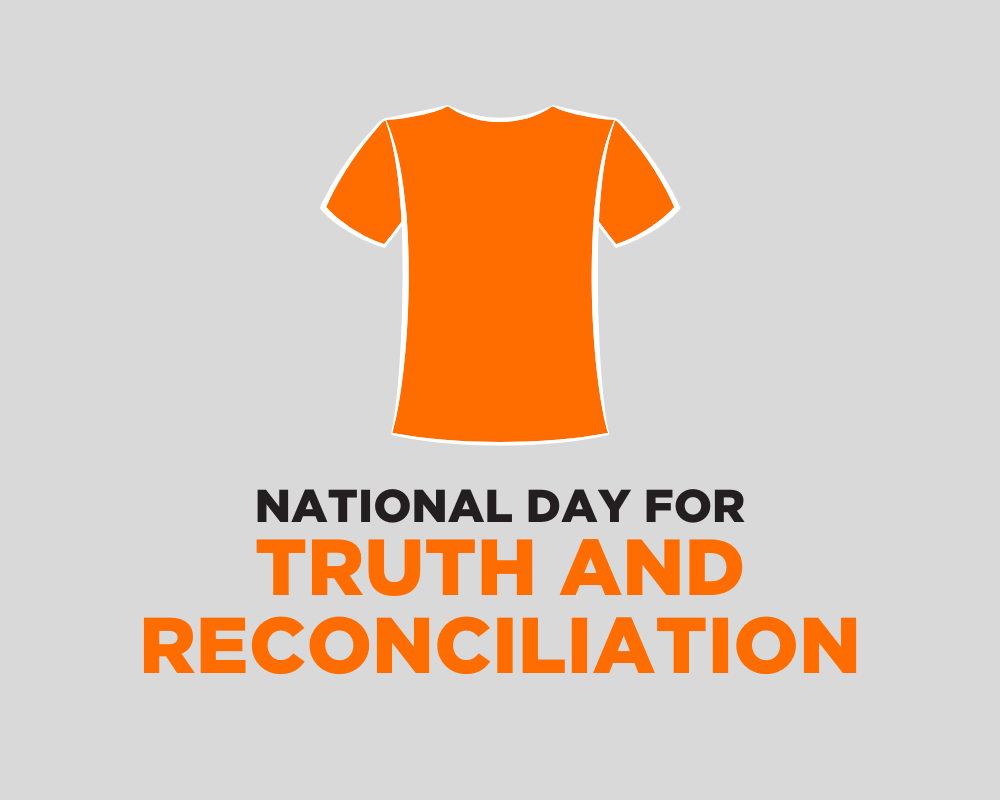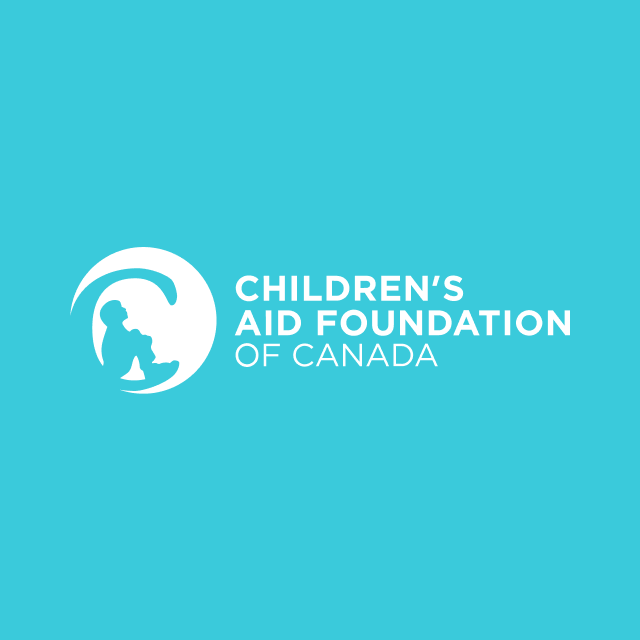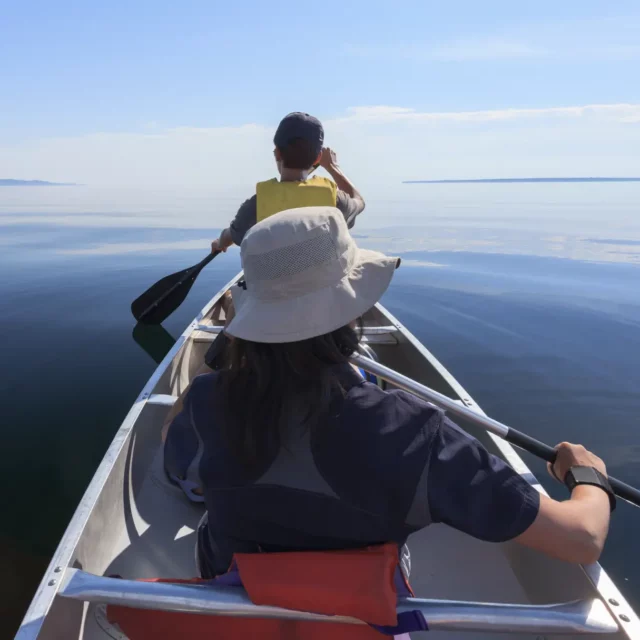September 30 marks National Day for Truth and Reconciliation, a day to honour the Indigenous children who never returned home and Survivors of residential schools, as well as their families and communities.
Children’s Aid Foundation of Canada deeply values the importance of this day and what it means, particularly to the Indigenous children, youth, and families we serve. We continue to recognize the need for our organization to become more actively engaged and educated about how Canada’s devastating history of racism and enduring systemic practices continue to negatively and severely traumatize and marginalize Indigenous populations to this day.
As a result of systemic racism, poverty and intergenerational trauma rooted in Canada’s history of colonialism, Indigenous youth are dramatically overrepresented in the child welfare system. Over 52% of foster children in Canada are Indigenous, even though Indigenous children account for only 7.7% of the child population in Canada. In 2020, we released a strategic framework, which includes addressing the issue of overrepresentation of Indigenous children and youth in the child welfare system as a key priority.
Today, in honour of the National Day for Truth and Reconciliation, we’d like to share just a few of the ways we support Indigenous-led organizations across the country to reduce the overrepresentation of Indigenous youth and families in the child welfare system:
- We support the National Bank Indigenous Youth Mental Health Fund which provides support to Indigenous youth who are in the process of transitioning out of the child welfare system.
- We support the Indigenous Spirit Fund at Native Child and Family Services of Toronto.
- We provide funding to the Indigenous-led Back to the Land program, which serves to provide Indigenous children, youth, and families who are or have been involved in the child welfare system with opportunities to be immersed in their cultural traditions and to reconnect with their heritage in natural environments.
- We prioritize the importance of listening and (un)learning by having our Board and staff participate in Reconciliation training at Native Child and Family Services of Toronto and participating in the Child Welfare League of Canada’s Learning Community on Reconciliation.
As we deepen our collective understanding of how colonialism, racism, and inequity impacts Indigenous peoples, we will continue to seek new ways to show up for our Indigenous neighbours through the establishment and improvement of our grants, programs and funds.
Today and every day, the team at Children’s Aid Foundation of Canada prioritizes the values of National Day for Truth and Reconciliation: remembrance, recognition, education and the creating and holding of space to honour children who died in residential schools, as well as Survivors and their families.
We’d also like to thank our Indigenous-led partners for their collaboration and leadership: Animikii-Ozoson Child & Family Services, Anishinaabe Abinoojii Family Services, Anishinaabe Child and Family Services, Child & Family All Nations Coordinated Response Network (ANCR), Cree Nation Child and Family Caring Agency, Dnaagdaawenmag Binnoojiiyag Child & Family Services, Indigenous Perspectives Society, Metis Child Family and Community Services, Michif Child & Family Services, Mnaasged Child and Family Services, Nanaimo Aboriginal Centre, Native Child and Family Services of Toronto, Nogdawindamin Family and Community Services, Sagkeeng Child & Family Services, Southern First Nations Network of Care, Surrounded by Cedar Child & Family, Tikinagan Child & Family Services, Yorkton Tribal Council Child & Family Services Inc and more.
Learn more about the National Day for Truth and Reconciliation
Sincerely,
Children’s Aid Foundation of Canada
This statement was written at the Children’s Aid Foundation of Canada’s office, which is located in Tkaronto, also known as Toronto. Tkaronto is the traditional territories of many nations including the Mississaugas of the Credit, the Anishnabeg, the Chippewa, the Haudenosaunee and the Wendat peoples and is now home to many diverse First Nations, Inuit and Métis peoples from across Turtle Island and we are grateful to have the opportunity to work and meet in this territory.



